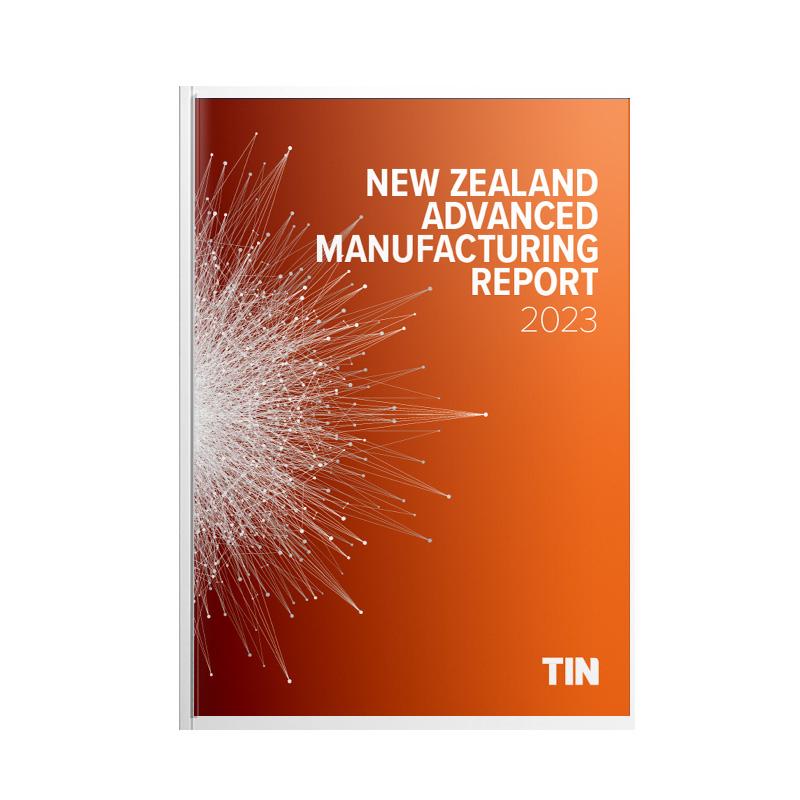A new Technology Investment Network (TIN) Advanced Manufacturing Report shows manufacturing has been the weakest performer on productivity over the past two decades in New Zealand.
Over the past ten years, labour productivity in New Zealand manufacturing has had a sluggish annual growth of just 0.92 per cent, below the overall national productivity average of 1.17 per cent.
Industry 4.0 Product Owner at Callaghan Innovation, Sean Doherty, says it doesn’t need to be this way.
“Smart products and processes are available to Kiwi manufacturers now, we just need to adopt them,” he says.
Doherty spent thirty years in manufacturing before moving into the public sector to help educate New Zealand businesses in how to adopt advanced technologies. He tells us that NZ is “well behind the overseas benchmark” when it comes to their adoption.
“Most of Europe is about ten years ahead of us,” Doherty says.
A study from 2018 predicted that by 2023 more than 80 per cent of European companies would have digitalised their value chain.
“They’ve got a huge jump-up on the rest of the world. They’re building for the future.”
When asked why he thought New Zealand was so behind, he said there is a need for education around advanced manufacturing.
A recent survey from the NZ Productivity Commission found that 50 per cent of Kiwis believe that robots and AI will steal people’s jobs.
“At the moment there are significant, unfounded fears around the impact of smart processes on people’s jobs,” Doherty says.
He stresses that “robots do tasks and people do jobs. Robots are very good at repetitive tasks, but they’re not good problem-solvers.”
“Employers and employees need to see automation as supercharging the local manufacturing sector, not bringing about its demise. New Zealand has the potential to unlock billions of dollars of value by digitising and automating the manufacturing process.”
Doherty says that adopting Industry 4.0 technologies and principles will actually generate higher-value, higher paid, more satisfying jobs for staff.






